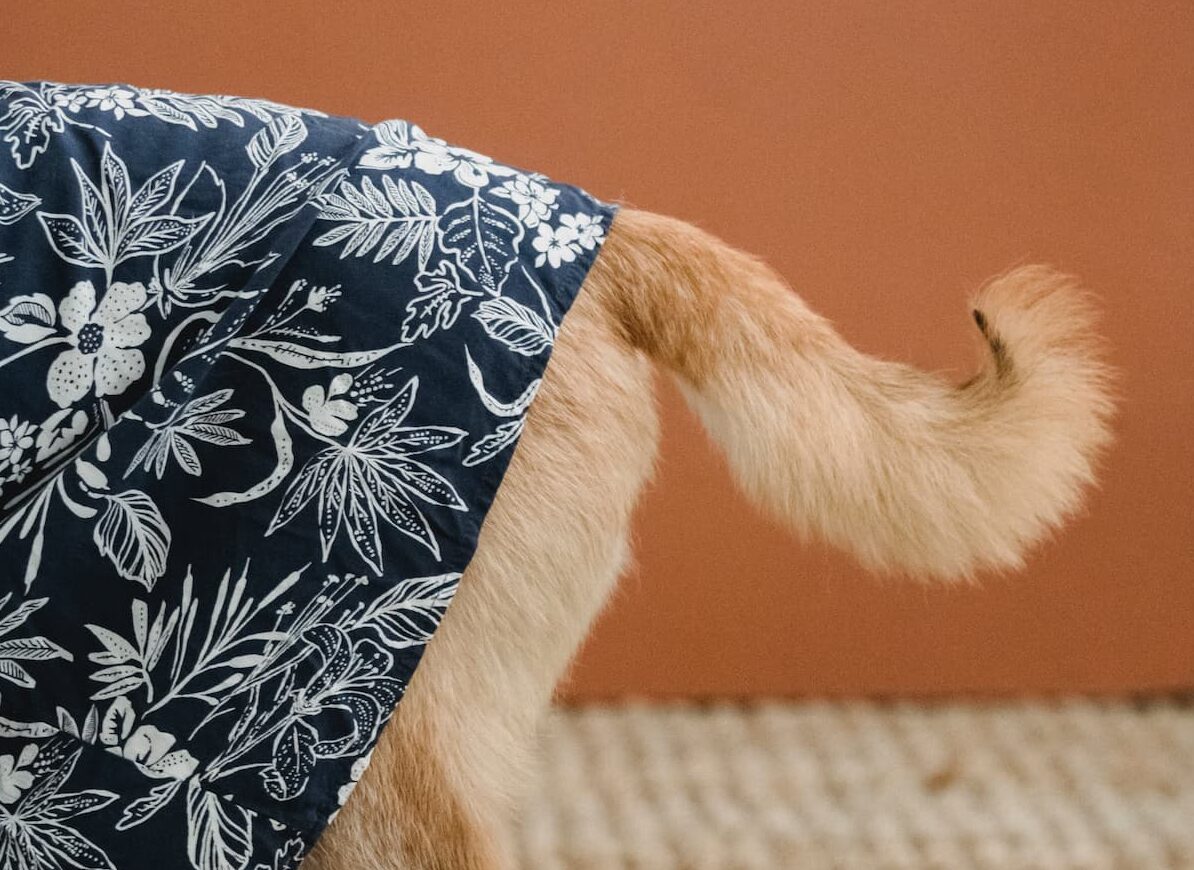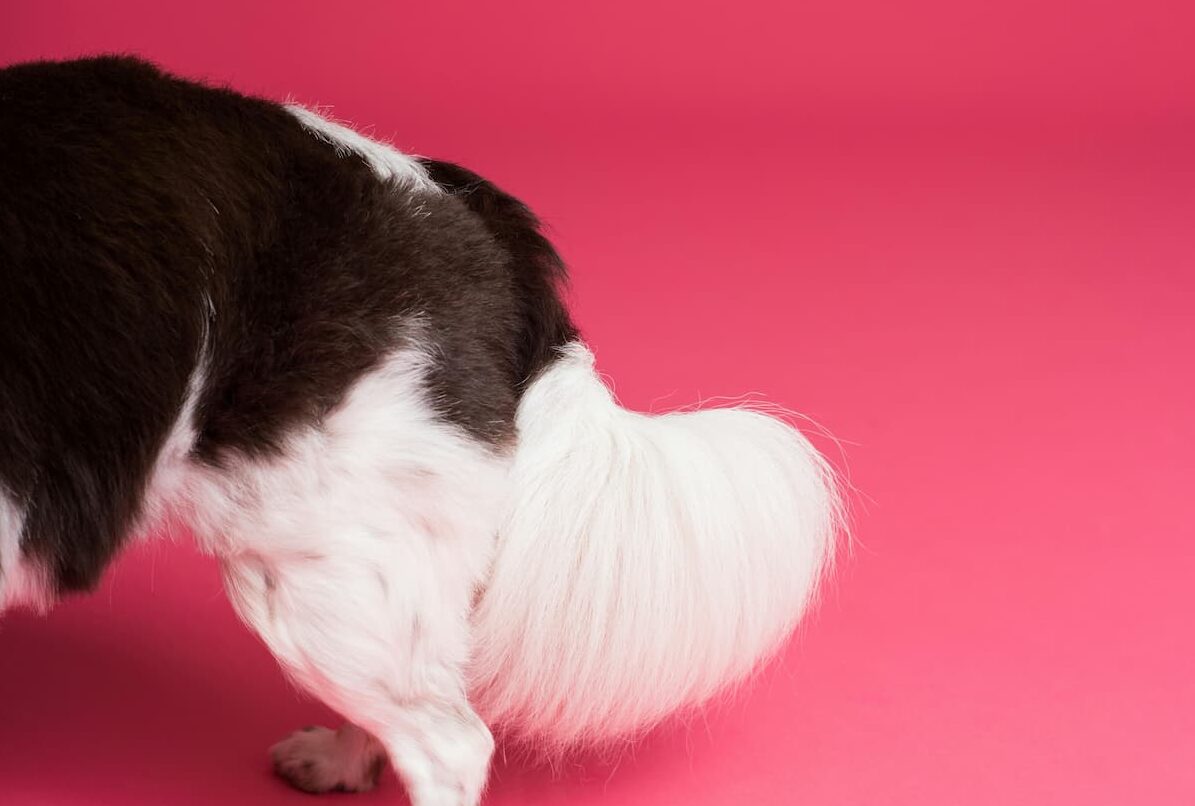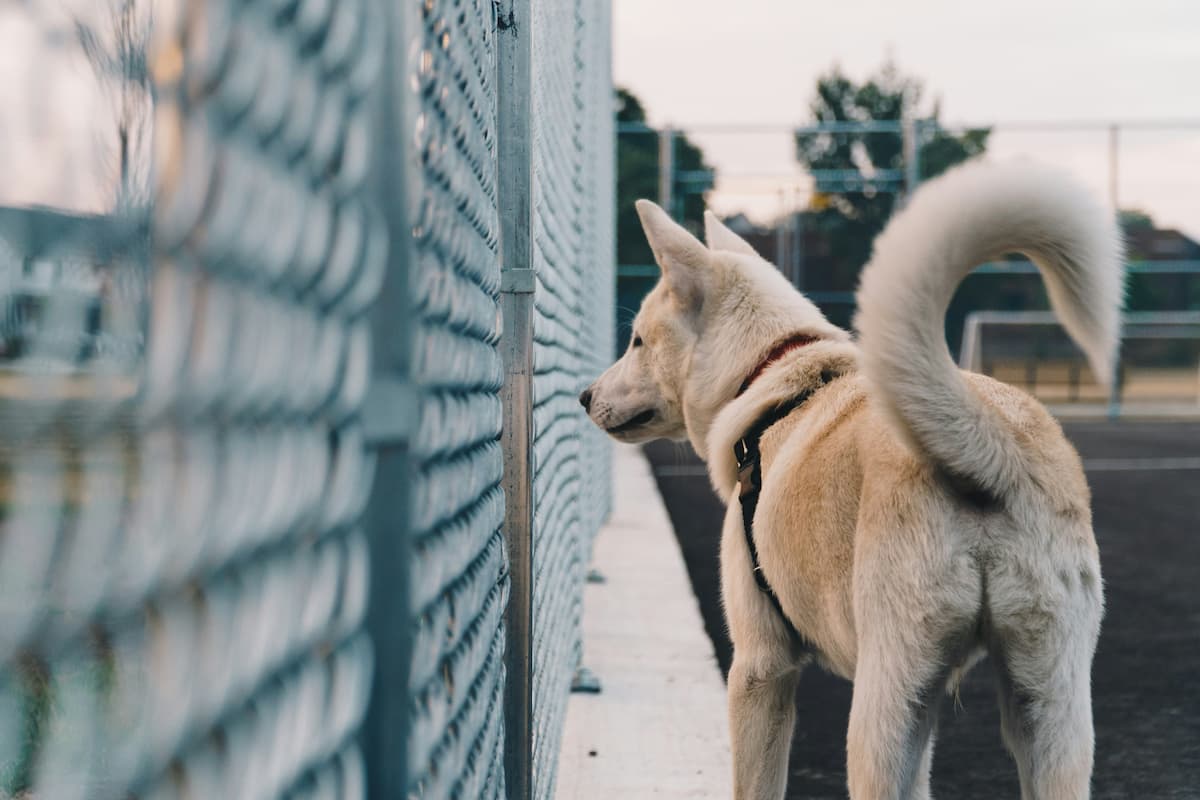Have you ever noticed how dogs communicate with us through wagging their tail?
It’s almost like their own special language, right?
But have you ever wondered why dogs continue to wag their tail, even in their final moments?
It’s a heartbreaking sight, and one that begs the question: why do dogs wag their tail when they are dying?
This article will shed some light on this question.
Exploring the Significance Behind a Dying Dog’s Wagging Tail
When a beloved dog reaches the end of its life, we often witness heart-wrenching moments that leave us questioning the mysteries of their emotions.
One such enigma lies in the dog’s wagging tail during their final moments.
It seems counterintuitive, doesn’t it?
But you’ll be surprised to learn that this wagging tail carries a profound significance that transcends our understanding.
1. A flicker of joy amidst pain: Imagine your loyal companion, experiencing the physical toll of their illness or age. In these challenging times, a wagging tail can be an indication of their enduring spirit and love for life.
Despite the pain they may be feeling, their tail wagging is a display of joy, a reminder of the good times they’ve had with you.
It serves as a last fragment of happiness that they wish to share, reassuring you that even in their final moments, they are grateful for the love and care you have given them.
2. Communication beyond words: Dogs often rely on non-verbal cues to communicate their emotions.
Their tails are like a linguistic tool, expressing emotions from happiness to fear.
Even in their final moments, dogs may be trying to convey a message to their humans.
The wagging tail can be their way of telling us that they are at peace with their fate, that we should not grieve for them but instead cherish the time we shared.
It’s their way of saying, “Don’t worry, I’ve had a beautiful life with you, and I’m ready to move on.”
3. A gesture of love: Dogs are remarkably intuitive creatures.
They can pick up on our emotions and respond with unconditional love and support.
In their final moments, they likely sense our sadness and grief.
By wagging their tail, they are trying to provide comfort, showing us that they appreciate our presence and assuring us that everything will be alright.
It’s a selfless act, a final testament to their love and loyalty.
So, when you see your dog’s tail wagging amidst their decline, embrace this bittersweet moment and understand the depth of their affection.
Observing a dying dog’s tail wag can be a heart-wrenching but beautiful experience.
It serves as a reminder of the profound bond we share with our furry friends and the immense love they have for us.
So, let us cherish every wag of their tail during these precious moments, understanding that it is their final expression of love, a farewell that will forever be etched in our hearts.
FAQ
Q: Is it true that dogs wag their tails when they are dying?
A: It’s not uncommon to hear stories or anecdotes about dogs wagging their tails as they approach the final stages of life.
While there is some truth to this notion, it’s crucial to understand the reasons behind it.
Q: Why do dogs wag their tails in the first place?
A: Dogs use their tails as a means of communication with the world around them.
Tail wagging isn’t always an indication of happiness, but rather a way to express various emotions.
A wagging tail can indicate excitement, nervousness, or even aggression, depending on the context and other accompanying signals.
Q: So, why do dogs continue to wag their tails when they are dying?
A: When a dog is nearing the end of its life, it often experiences a plethora of mixed emotions.
These emotions can be confusing for our furry friends, and sometimes their body’s natural instincts take over.
Tail wagging can be a result of muscle spasms or involuntary movements, much like a human might twitch in their final moments.
Q: Does tail wagging mean that the dog is happy or comfortable?
A: Not necessarily, my dear reader.
It’s essential to remember that tail wagging does not always signify happiness or comfort.
Dogs can wag their tails when experiencing pain, discomfort, or anxiety as well.
It’s crucial to look at the bigger picture and consider other physical and behavioral signs to gauge a dog’s overall well-being.
Q: Can tail wagging be a sign of a dog’s longing for attention?
A: Indeed!
Dogs are social creatures by nature and often seek comfort and attention from their human companions, regardless of their health condition.
Tail wagging could be an attempt to communicate their desire for affection, closeness, or simply the need for reassurance.
As we come to the end of this enlightening Q&A, I hope you have a better understanding of why dogs may wag their tails when they are dying.
Remember, our precious pups have unique ways of expressing themselves, even in their most challenging moments.
Let’s cherish the time we have with them and make their final days as comfortable and filled with love as possible.
Closing Notes
And there you have it, the fascinating reasons behind why dogs wag their tails even in their final moments.
It’s heartwarming to know that these loyal creatures continue to express their love and affection, right until their very last breath.
Remember, when you see a wagging tail in a dying dog, it serves as a reminder of the bond we share with these incredible animals.
So, next time you come across a dog wagging its tail, don’t just assume it’s a sign of happiness or excitement.
Consider the context, read the cues, and understand their true intentions.
Whether it’s a joyous greeting when you come back home or a gentle wag at their farewell, their wagging tails speak volumes about their unwavering loyalty, love, and connection with us.
Let’s cherish these beautiful moments and appreciate the immense love our furry friends bring into our lives.
Because, in the end, it’s not just the wagging tail that matters, but the lifelong memories and unbreakable bonds that continue to live on in our hearts.










